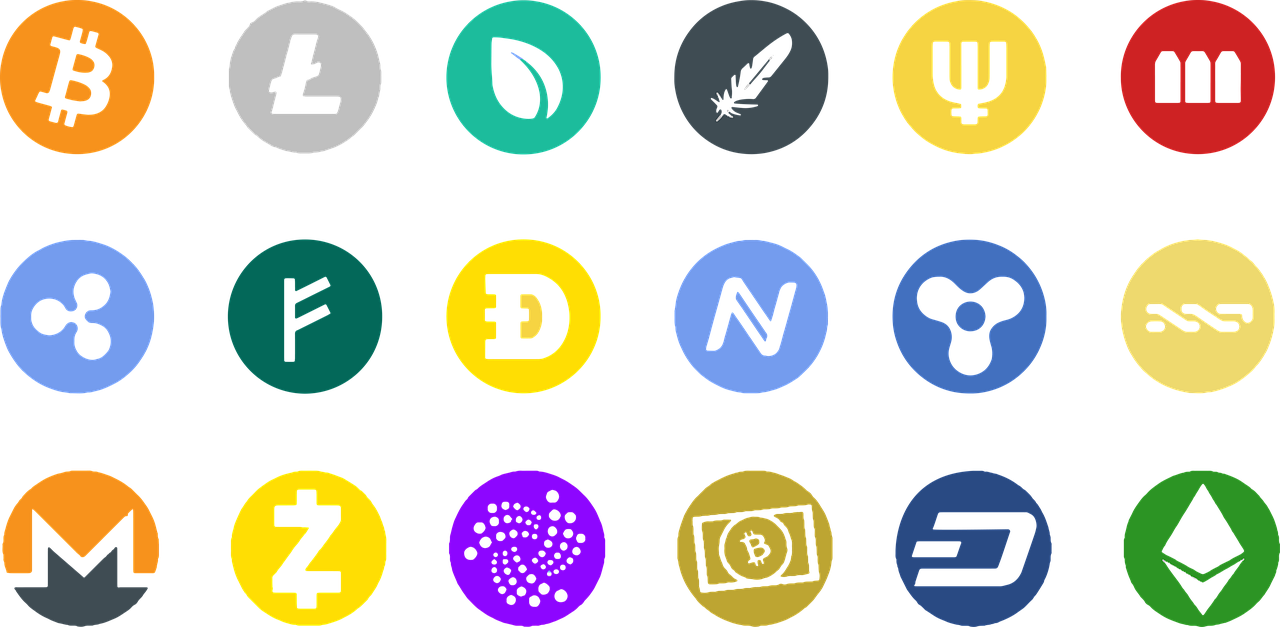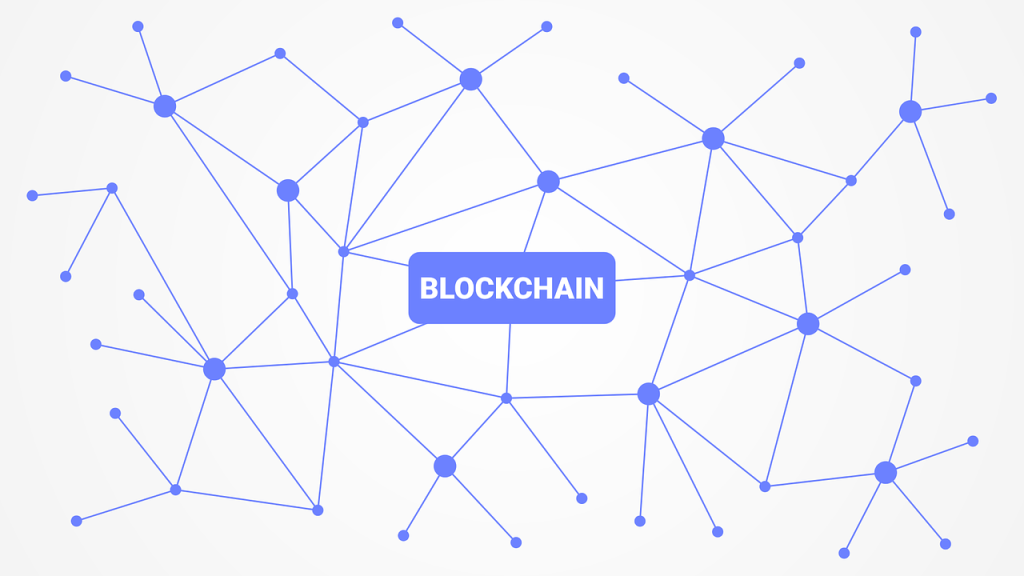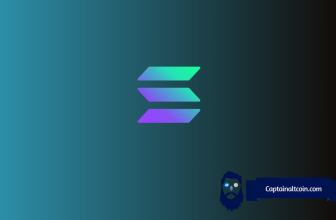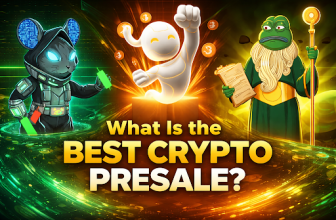
Is there anything that cryptocurrencies aren’t disrupting these days? Cryptos are all over the headlines, and not for the best reasons. Bitcoin is in free fall, while minor cryptos begin to collapse, and even the stable coins don’t look that “stable” anymore. Nevertheless, cryptos are still there and are adopted by everyone, from small cafes to entire nations. How is this payment method affecting the gaming industry, though? Learn more here.
What you'll learn 👉
Digital Gains
Cryptocurrencies are fantastic for online purchases, especially in-game purchases. It’s instant, easy to use, and players don’t have to leave the game for an external online payment page. This payment method is also excellent for microtransactions, which abound in the iGaming world. Some cryptocurrencies can be fractioned, and others are very cheap.
Anonymity and privacy are other great advantages for those engaging in online gaming. You can now play online casino games with real money without disclosing any banking information. Moreover, withdrawals are free and nearly instant for those using this kind of currency on online gambling platforms.
Some online gambling sites only adopted this currency, imposing tight caps for transactions. Meanwhile, newer platforms are going head-first on this trend, supporting limitless transactions in Bitcoin, Ethereum, Litecoin, and others.
Around the Block

Blockchains receive much less attention from the general public than its loud tenant, Bitcoin. Blockchain and Bitcoin were born on the same day, with enormous disruptive capacity. Since Bitcoin Pizza Day, 12 years ago, the global economy will never be the same again. Cryptocurrencies can’t exist without blockchain. Yet, blockchain has proven to be a more versatile technology.
It goes way beyond a simple digital ledger or digital wallet. It helps to store and analyse large chunks of information. So, it has become an essential tool for everyone, from the food chain of supply to military industries. Blockchains are also playing a vital part in the transformation of the esports scenario.
If it’s true that microtransactions aren’t new to gamers, blockchain is opening an entirely new world of possibilities. A new model of blockchain-based microtransactions, called “play-to-earn”, uses NFTs to create real ownership in the digital world.
A New Level
If you’ve played mobile games before, you know what we’re talking about. You buy a new game in the app store, which comes with loads of items for in-game purchases. You decide to spend some more money and buy a few of them. Once you get bored of the game and stop playing it, there’s no way to recover the money you spent buying stuff.
Thanks to NFTs, players get to resell their items when they no longer wish to play a game. Better still, blockchains and NFTs allow gamers to actually “invest” in in-game items and earn tokens that can be exchanged for real money. The possibility of making real money simply by playing games is heating the industry and attracting scores of new users daily.
Money never comes for free, though. While some games offer legitimate ways of earning money by playing, most have a buy-in price; it’s not always cheap. Consider the game Axie Infinity, for instance. In this Pokemon-like battle game, new players need to buy three creatures to start the game. Each creature can cost from 70 bucks, which means an initial “investment” of USD 210.
Necessary Updates
If the new possibilities are indeed exciting, there’s still a lot of room for improvement. Developers must create items that are valuable in secondary markets.
The “play-to-earn” mentality gives everybody a fighting chance. Meanwhile, “pay-to-win” games reward players with the deepest pockets, not the most skilled or dedicated. Anyway, cryptos and blockchain have changed the online gaming environment forever.





